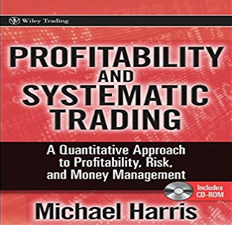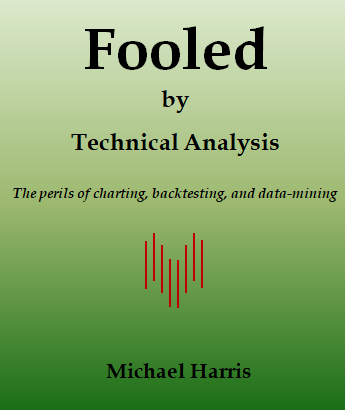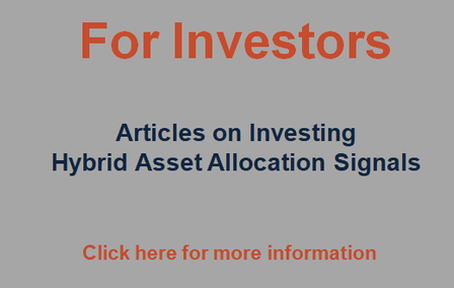Trading activity via organized exchanges that match buyers and sellers does not generate new wealth and as a result the net activity is negative-sum game after transaction fees are taken into account. Although many traders in general are not fully aware of the ramifications of a negative-sum game, it appears that a large fraction of newly emerged crypto traders and investors are ignorant of these market facts.
There is no way a trading account can receive a credit due to transaction gains if there are no other accounts that are simultaneously debited the exact same total amount minus commissions and fees.
The above is the definition of negative-sum game. Before commissions and fees, it is zero-sum game, i.e., over time, the sum of losses must be equal to the sum of gains. The exchange is not printing money and neither are the participants in the game. Therefore, profits must come from losses.
I have written about these facts in my book Profitability and Systematic Trading (Wiley, 2008, Chapter 2.) You can download the book for free from my website.
But for those who would like a summary, here is what I wrote in the book:
Losses are always the gains of the winners who take the opposite
side of the trade. However, if one looks at the profits first, it is often difficult to understand why trading is a zero-sum-game, because part of the profits are not always due to trading. For example, profits may be realized from wealth-creating activities such as new technologies that open new markets and from dividend payments. In this respect, not all profits can be attributed to trading. However, all real losses from trading can be considered as profits made by other traders. Thus, trading is a zero-sum game by definition and cannot be considered otherwise because there is no wealth creation or destruction caused directly by the actions of market participants. Source: Profitability and Systematic Trading (Wiley, 2008)
In a nutshell, to understand why trading is zero-sum game traders first need to understand that winners profit from losers. The exchanges transform the game to negative-sum. Note that commissions (also fees and taxes) act as wealth-out effect.
This is how I continue in the book:
Moreover, trading does not create or destroy cash. Instead, the trading
activity contributes only to a redistribution of wealth among participants. Investing any profits earned from trading in other sectors of the economy might eventually generate wealth. Although there is a constant influx of new participants who join the trading game every day while others drop out, the zero-sum game nature of trading is not affected, simply because, as was already stated, this is the nature of trading by definition. Source: Profitability and Systematic Trading (Wiley, 2008)
A few key points:
- Trading doesn’t create but only redistributes cash.
- Zero-sum game nature is not affected by constant influx of new traders.
- Wealth is generated only by economic activity.
Essentially, if someone made one million trading crypto, this isn’t new wealth but redistributed wealth. This holds true in every market. Is then trading useless?
Actually trading is very useful because it contributes to price discovery. Without traders some central authority must decide where prices should be and this leads to high distortions and inefficiencies in markets. Trading can also cause periods of inefficiencies but over the longer-term it is way more efficient for price discovery than central authority planning.
Basically, the decentralized economy is the trading activity especially in commodity exchanges. Any further decentralization may be inefficient or overkill.
Summary
All traders and especially the new ones in crypto sphere must understand that essentially they are trading against others and hope to profit from their losses. Crypto trading is not about a decentralized world but about real losses by real people that make it in the pockets of some other real people as real gains. Therefore, as a result of this understanding, it is important to know who the counter-parties are. If the counter-party is some whale or large market maker who can move prices at will, then over the longer-term many small account traders will end up losing money. Therefore, small account traders usually profit from other small account traders. Obviously, we are talking about realized profits because at some entry level some traders confuse unrealized profit (hodl) with realized profit. Hodlers face an absorbing barrier risk of crypto termination where they can lose or their investment and unrealized profits. Although this may be a low probability event, nevertheless the probability is not zero.
Disclaimer: No part of the analysis in this blog constitutes a trade recommendation. The past performance of any trading system or methodology is not necessarily indicative of future results. Read the full disclaimer here.
If you found this article interesting, you may follow this blog via RSS or Email, or in Twitter






